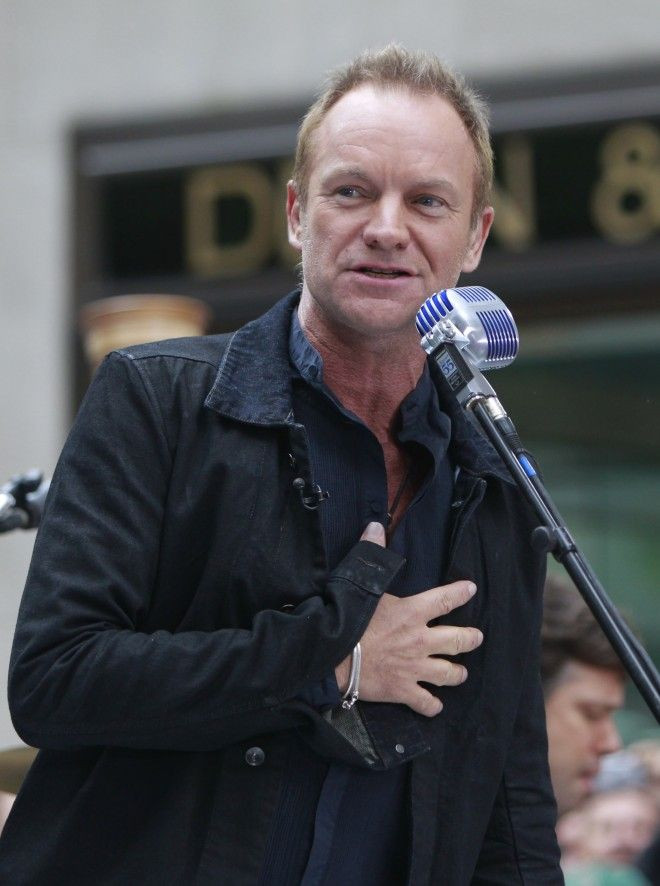Microsoft, Sting Get Behind Viacom In YouTube Suit

Viacom has attracted some high-profile support in its legal battle with YouTube, including software giant Microsoft and artists such as Garth Brooks and Sting.
A string of friend-of-the-court briefs shows a range of legal scholars, software companies and content creators are backing Viacom, which is arguing that the safe harbor provisions of the Digital Millennium Copyright Act don't apply to YouTube.
Earlier this month, Viacom appealed a decision on the part of the U.S. District Court for the Southern District of New York, which ruled that YouTube was not responsible for violating Viacom's copyrights, even though clips of some of Viacom's popular shows such as The Daily Show were posted to the site by users. The case is now with the U.S. Court of Appeals of the Second Circuit.
In the District Court ruling, Judge Louis Stanton said that because YouTube removed copyrighted content on request, and so is protected under the DMCA safe harbor. The provision says that service providers don't need to police copyright infringement by users, if they don't know that the infringement is happening. Viacom says YouTube did know and deliberately ignored the activity.
In the Amicus briefs, the general theme is that YouTube shouldn't be immunized from the DMCA by saying it did not know that copyrights were being violated on its site when the managers plainly said they did know and took insufficient steps to stop it.
The brief from Broadcast Music Inc., which includes not only associations such as the American Society Of Composers, Authors And Publishers but the artists Sting, Garth Brooks, Bruce Hornsby, Boz Scaggs, Roger Waters, and members of the band The Eagles, says the problem with the district court ruling is one of balance: the safe harbor provisions would be extended too far if it were allowed to stand.
Far from providing 'safe harbor' for 'innocent' service providers acting 'in good faith,' the District Court encourages service providers to remain willfully blind to infringement on their own websites, to ignore or selectively implement (when it is to their economic advantage) technologies designed to prevent infringement before it happens, and to disregard infringing content after it becomes rampant and obvious, they say.
Microsoft, for its part, says that YouTube's management knew well that copyright-infringing material was on the site, and even if they didn't actively encourage it, they took steps to remain willfully blind.
YouTube knew that the vast majority-some 80 percent-of the traffic to its service was driven by copyright-infringing material, such as unauthorized copies of excerpts of popular movies and television shows. Other record evidence shows that YouTube knowingly used that widespread infringement to expand its audience and thereby increase its financial value. And when Google acquired YouTube, it understood that it was buying a business known as the 'video Grokster,' Microsoft says.
YouTube's case doesn't appear to be helped by a brief from Vobile, Inc., a California company that says it has in place technology to automatically detect copyrighted content. While Vobile takes no position on the merits of Viacom's complaint, it does give credence to the notion that YouTube deliberately ignored infringement.
A date for the hearings has not been set yet.
© Copyright IBTimes 2025. All rights reserved.



















